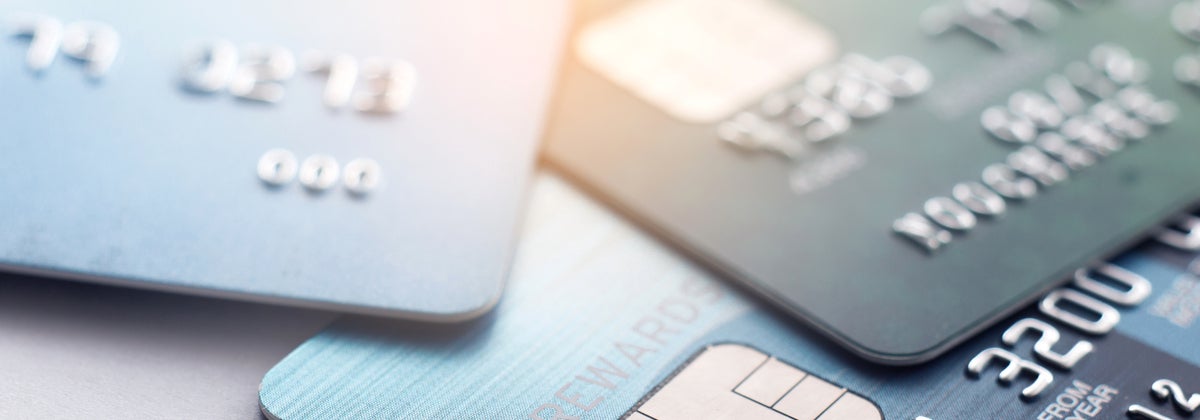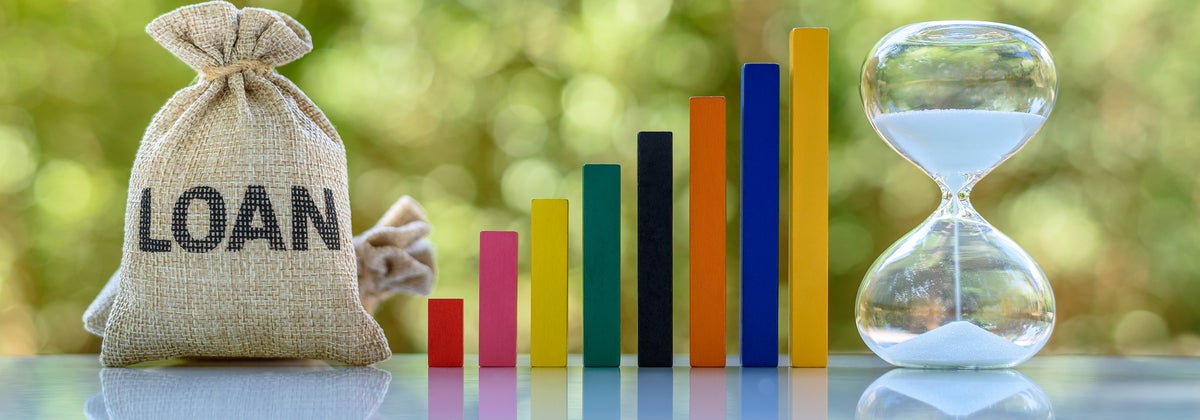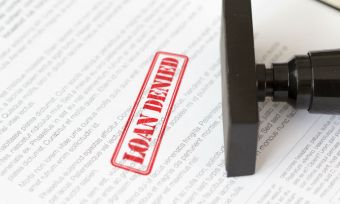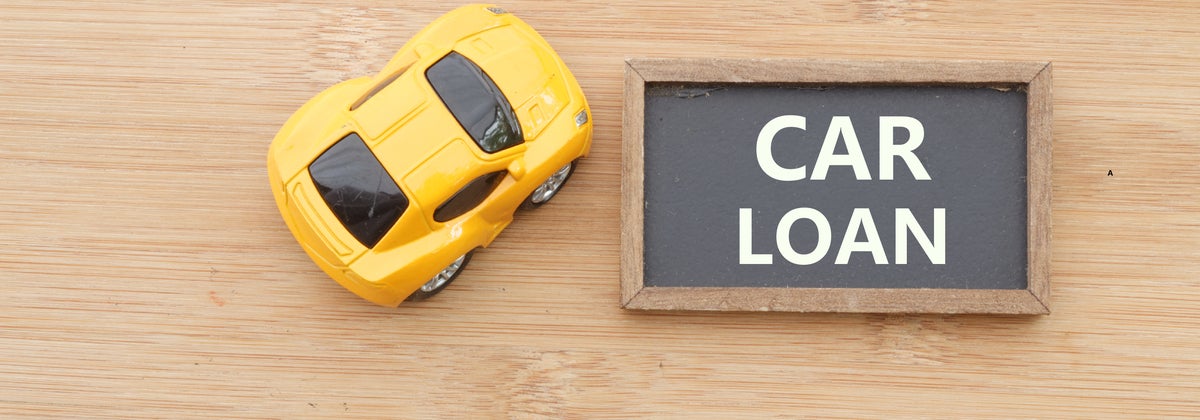A loan can be a great thing, if managed properly. Because, sometimes, we just don’t have enough money for certain expenses or unexpected costs … or even investments. Imagine if mortgages weren’t a thing, for example.
But spending is the easy part. For loans always require repayment. And this can sometimes get out of hand.
Credit card debt, personal loans, car loans, and even store cards. They can all add up. So could a debt consolidation loan help you manage your debt repayments? Canstar takes a look.
What is a Debt Consolidation Loan? In this article we cover:
- What is a debt consolidation loan?
- Why get a debt consolidation loan?
- Debt consolidation loan: what to consider
- Your credit score will play a role
- What are my other options?
- How do you get a debt consolidation loan?

What is a debt consolidation loan?
A debt consolidation loan is a personal loan that replaces multiple loans and debts. It is a single loan that covers the full amount of all your current debts. You use the money from your debt consolidation loan to repay your various debts, such as credit card balances, car loans or other personal loans.
The process leaves you with one regular repayment at a single interest rate, rather than many smaller repayments at different rates.
Do note, student loans and mortgages cannot be consolidated.
Why get a debt consolidation loan?
A debt consolidation loan can help make your debt repayment schedule more manageable. If you currently have a car loan, credit card debt, and maybe even an unsecured personal loan, then you’ll be dealing with multiple payments, interest rates, fees and terms. It can become a headache.
With a debt consolidation loan, you replace all of them with one loan. This means only one interest rate to pay and only one repayment per month, making it easier to budget.
A debt consolidation loan isn’t only about convenience. Paying off only one loan instead of many can also reduce fees. And depending on the shape of your finances and what’s on offer, you may be able to secure a better interest rate.
Debt consolidation loan: what to consider
In the right hands, a debt consolidation loan can be a great way to pay off your debts. But in the wrong hands, it can also make those existing debts worse. Some of the things to consider are:
Pros
- You can potentially save hundreds, even thousands, of dollars over the long term if you obtain a personal loan with a lower interest rate than your outstanding debts. You can also avoid paying the annual fees attached to some credit cards
- Debt consolidation helps you manage your loans more efficiently. You only have a single loan to repay, and you no longer need to track several payments with different interest rates and loan terms
- A personal loan requires you to commit to a definite payment schedule, as opposed to a credit card that can rack up ongoing debt. Typically, this payment schedule is no longer than seven years. This compels you to be more vigilant in managing your debts and to pay them off faster
- If you choose a fixed-rate loan, you can better manage your budget by knowing how much to set aside for your monthly repayments
Cons
- If your new loan has a higher interest rate than you were paying in total before, it could be harder for you to clear your debts and you could sink into further financial trouble
- Paying off a maxed-out credit card with a debt consolidation loan will leave you with a debt-free credit card. If you don’t cancel the card, it could prove too tempting. If you spend further, you could end up with a debt consolidation loan and renewed credit card debt
- If your existing debts were close to the end of their terms, then a debt consolidation loan may extend your loan term. It could make repayments more manageable, but increase the cost of the loan in the long run
- If your current loans have exit fees or early repayment fees, paying off the existing loans could become costly, racking up extra unwanted debt and impacting potential savings
- Your debt consolidation loan will likely come with fees of its own, such as establishment fees. This adds more cost and potential debt

Your credit score will play a role
While you can still get a personal loan with a bad credit score, it affects the rates and terms you are offered. if your credit score has improved since you took out the original loans, you may find better interest rates on offer. In this case, a debt consolidation loan could be a good idea. But if you’re struggling to meet repayments and your credit score hasn’t improved, then any interest rates offered will be roughly the same, or worse, than your current ones.
In this case, you probably won’t be better off with a debt consolidation loan. And in the long run, it could cost you more. But, it could still be worth it, in some cases, if your main issue is your regular repayments. By extending the loan period you may be able to reduce the regular repayments to a more manageable level. But be aware, you’ll be paying off the loan for longer, and will pay more interest as a result.
Whatever your decision, taking proactive steps to improve your credit score is a good idea. It’s good to be doing what you can to get that rating up, as it’ll make things a lot easier when it comes to securing finance further down the road.
How can I improve my credit score?
- Pay your bills on time
- Think carefully before applying for any new credit
- Pay down any existing loans and debts
- Consider seeking the assistance of a financial counsellor
- Check your credit report for any inaccuracies
- Hold onto credit cards you can manage
- Lower the limit on your credit cards
What are my other options?
A debt consolidation loan doesn’t have to come in the form of a personal loan.
Remortgage
Homeowners can look into remortgaging. As mortgage rates are lower than personal loans rates, it could be a cheaper option. But bear in mind that a personal loan tends to be repaid in just a few years. Whereas if your mortgage term has another ten or so years to go, and you add your debts to it, you’ll be paying them off over the same period.
Do note, to make this option work, you need to increase your regular mortgage repayments so that your mortgage payoff date stays the same. So long as your mortgage repayments don’t increase more than what you were paying previously, for your mortgage and loan repayments combined, your costs shouldn’t be any higher.
Credit card balance transfer
If your main issue is a spiralling credit card balance, this option could be more suitable. It involves shifting your credit card balance to a new card, with a lower interest rate. Credit cards also tend to come with interest-free periods. This means you may have an initial period with the new card during which you aren’t charged interest. This could help you pay off a large portion of the principal and reduce your overall balance and interest.
But bear in mind, if you don’t have self-control this may not be the best option for you. With a personal loan, you are given the initial sum of money and nothing more. You also can’t take back any repayments you make, and you have a fixed schedule to meet.
With a credit card, you can continuously spend up to your limit. This means anytime you pay off some of your balance, if you get tempted, you can go shopping again, maxing out the card you are trying to pay off. A credit card also doesn’t have any term limits, so you could stay in debt for years to come.
→Related article: What is a Credit Card Balance Transfer
How do you get a debt consolidation loan?
The first thing you should do is check your credit score. Make sure there are no mistakes that could negatively impact your score. This is also a good time to see how you can improve your score before applying for a loan.
→ Related article: How Long Does It Take to Fix a Poor Credit Score?
Once you’ve checked your score, getting a debt consolidation loan is as easy as picking a provider and applying for a loan. Although picking a provider isn’t always easy.
Thankfully at Canstar, we can help. We compare personal loans for you, making it easier to decide. You can use our helpful comparison table to compare providers based on interest rates, application fees and our Canstar star ratings.
The table below displays some of the unsecured personal loan products available on Canstar’s database for a three-year loan of $10,000 in Auckland (some may have links to lenders’ websites). The products are sorted by Star Rating (highest to lowest) followed by company name (alphabetical). Use Canstar’s personal loan comparison selector to view a wider range of products on Canstar’s database. Canstar may earn a fee for referrals.

About the author of this page
This report was written by Canstar Content Producer, Andrew Broadley. Andrew is an experienced writer with a wide range of industry experience. Starting out, he cut his teeth working as a writer for print and online magazines, and he has worked in both journalism and editorial roles. His content has covered lifestyle and culture, marketing and, more recently, finance for Canstar.
Enjoy reading this article?
You can like us on Facebook and get social, or sign up to receive more news like this straight to your inbox.
By subscribing you agree to the Canstar Privacy Policy




Share this article